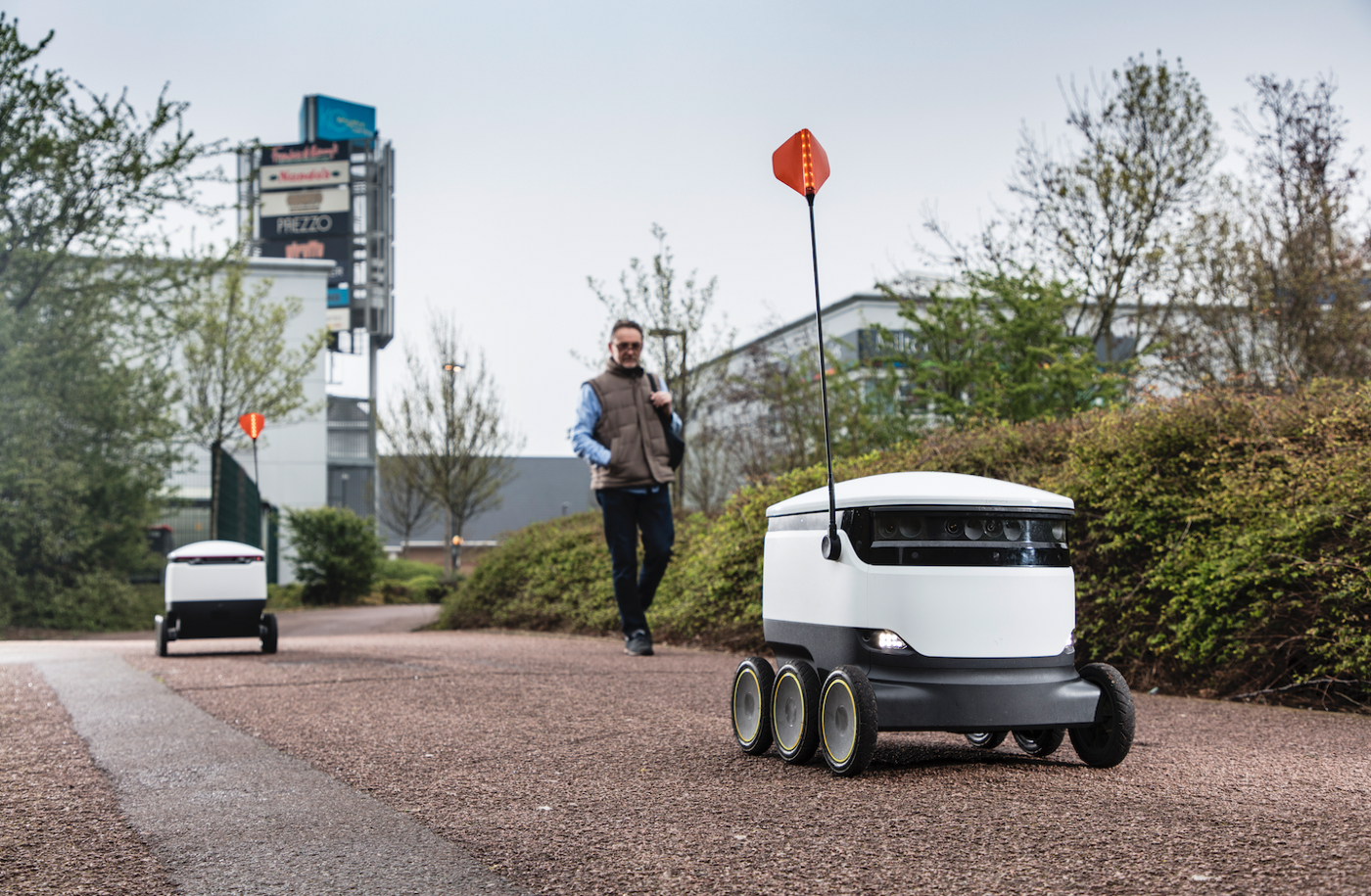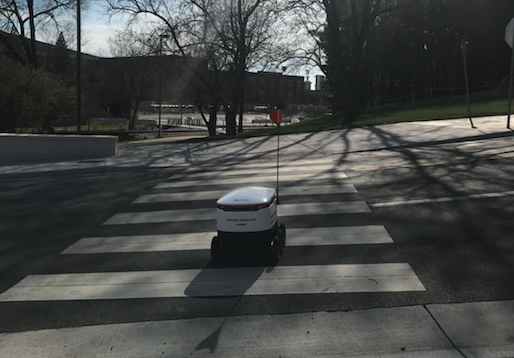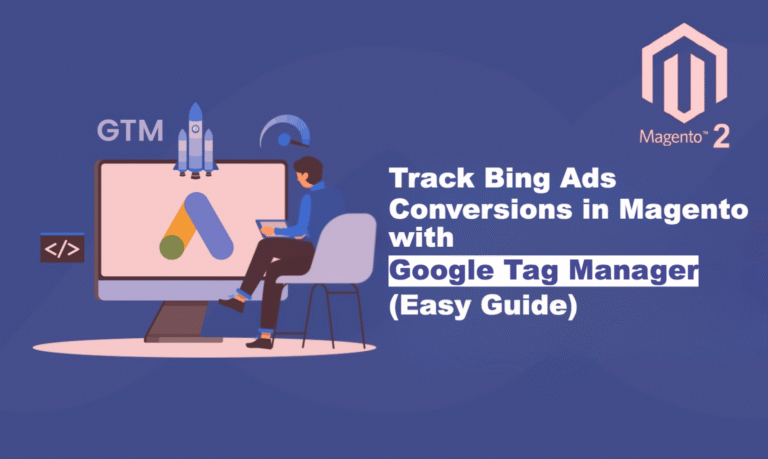We often get asked about the ‘rules of the pavement’ and how Starship robots navigate around the community, so we wanted to give a little more insight — and some tips on what to do if you come across one on your journey.
First, let’s take a step back and look at the rules of the road. These have existed for decades, and something any road-going vehicle has to follow — including autonomous cars. Amongst other things, they have to stay in lane, indicate before turning and keep an appropriate braking distance. Pavements on the other hand have no such rules, so understanding the surroundings and identifying/anticipating pedestrian behaviour is much more difficult — as a pedestrian, let alone a robot!
Over the past 8 years, Starship has been working to solve this challenge with the robots, learning the unwritten rules of the pavement, becoming a good pavement user and an accepted part of the community.

And robots don’t just roam anywhere. Before we launch a new Starship food delivery location, the pavements will be ‘mapped’ in advance, ensuring robots stay within designated areas and know which routes they can — and can’t — take.
The robots then use a combination of cameras, sensors, artificial intelligence and machine learning to travel around these routes — and, importantly, to navigate around any people, animals or obstacles.
You can find out more about this here:
How will the robot react?
If you meet a Starship robot on the pavement, the robot will identify that there’s someone in front of it and act accordingly.
Depending how far away you are from the robot, it will then either slow down and change course to navigate around you, or come to a stop as quickly and safely as possible. On narrow pavements, where there may not be an easy way for two parties to pass easily, the robot will reverse and move out of the way.
How did the robot cross the road?
Road crossings are the most complex for robots. This is a time when fast-moving vehicles can approach from different directions. Humans (most of the time) have an amazing ability to judge when it’s safe to cross by analysing hundreds, if not thousands, of data points automatically — and sub-consciously. For example, how fast a car is driving, whether there’s time to cross, etc. A robot has to make similar decisions, but without the hundreds of thousands of years of evolution humans have had. It’s an incredibly difficult engineering task!

So if you’re a pedestrian who’s crossing the road and you see a robot waiting, don’t worry — it’s just assessing the situation and working out when it’s safe to cross. There’s no need to give it special treatment — please continue to cross as normal. The robot might even start crossing with you!
However, if you’re passing a traffic light controlled/pelican crossing and a robot is waiting, it would really appreciate it if you could press the button to change the lights; and it might even say “thank you” from the robot for doing so! Looking ahead, this could soon be a thing of the past — in some areas, our robots are now communicating with traffic light systems, so a button doesn’t even need to be pressed — speeding up your deliveries even more!
There’s a robot stuck, what should I do?
Sometimes, a robot might just wait somewhere, stationary. This isn’t uncommon for a short time — it’s likely just thinking, or having a quick power-nap between deliveries…but don’t tell Mission Control that!
Of course, there might be times when a robot does get into a little difficulty. Whilst the technology is constantly learning and improving, we know they can occasionally fall off the kerb, or get stuck in a tight space. If you’re able to, the robots always appreciate a helping hand! You can also contact our customer services team either via our app, or the website chat functionality to let them know.
We hope you enjoy seeing the robots out and about. Don’t forget to give them a wave! 👋🏻
Team Starship x







